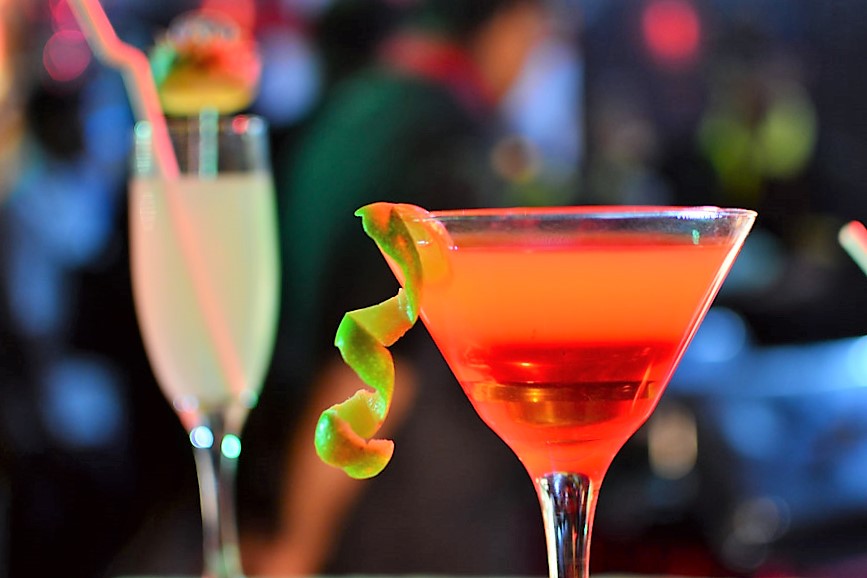Cocktails To Go Bill Passes Assembly
State Senate has yet to vote on the legislation. City has concerns.

Cocktails. Photo by Michael Shehan Obeysekera, (CC BY 2.0), via Wikimedia Commons
A bill that would allow bars and restaurants to sell liquor and mixed drinks to go passed the State Assembly Wednesday.
The bill, sponsored by Rep. David Steffen (R-Green Bay), allows businesses holding a Class-B liquor license to sell liquor and wine for consumption away from the premises so long as it is covered with a tamper proof seal.
This was the impetus for Steffen’s proposal, which has a twin Senate bill sponsored by Senator Mary Felzkowski (R-Irma).
The legislation was introduced with the backing of industry associations like the Tavern League of Wisconsin and the Wisconsin Restaurant Association. In January, the tavern league said the legislation was a “good first step” and potentially a “lifeline until our state can return to some normalcy.” The restaurant association said “Even before the COVID-19 pandemic, consumers were demanding the ability to have alcohol delivered. Now with consumers staying home and avoiding dining in restaurants or going to the grocery store, customers are demanding the safe delivery of alcohol with their restaurant and grocery deliveries.”
And while the bill enjoyed bipartisan support in the Assembly, not everyone was sure the bill was a good idea. Concerns were raised that the legislation could encourage drinking and driving and underage drinking. Also a concern: that the bill, as drafted, would eliminate some local control over liquor licensing and it’s unlikely lawmakers would sunset the new allowances once the pandemic ended.
The Milwaukee Common Council’s Judiciary & Legislation Committee held a robust discussion on the bill, and several others that would also expand what was allowed under existing liquor licenses, in January.
Ald. Robert Bauman noted that if the legislation passes the city will only have one way to enforce it, and that’s approval and revocation of licenses. “It puts us in the position of, if an establishment is… in violation of these rules, I’m not sure what the sanction is other than revoking their entire license which arguably is draconian in its reach.”
Bauman and his colleagues favored the bills being drafted as enabling legislation, not a mandate. That way the city could enact its own ordinance, drafting local mechanisms for enforcement and tailoring it to the specific desires and challenges of the community.
The city ultimately staked out a neutral position on the bill, saying if it was drafted as enabling legislation it would support it.
If you think stories like this are important, become a member of Urban Milwaukee and help support real, independent journalism. Plus you get some cool added benefits.
Political Contributions Tracker
Displaying political contributions between people mentioned in this story. Learn more.





















